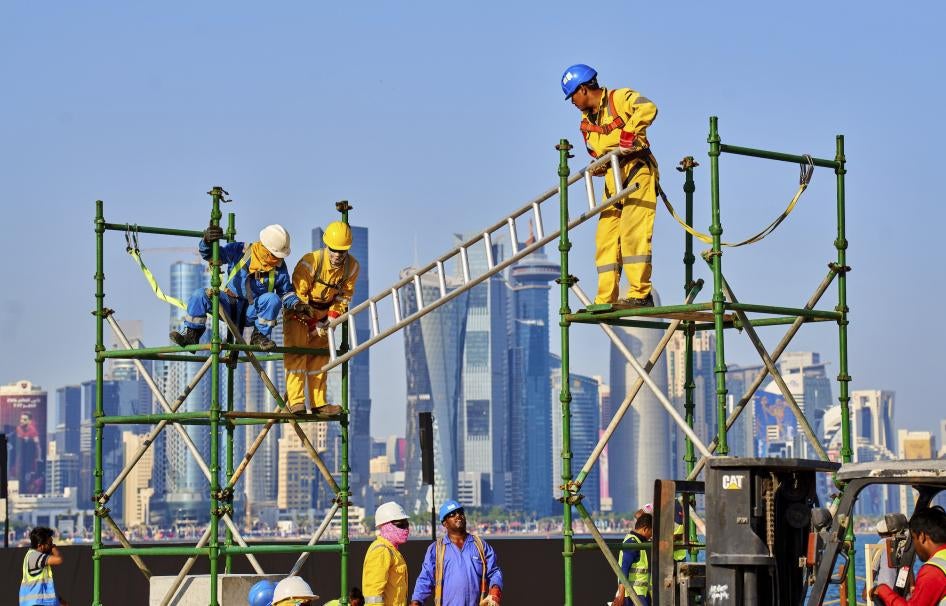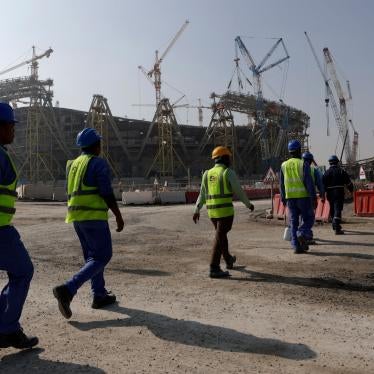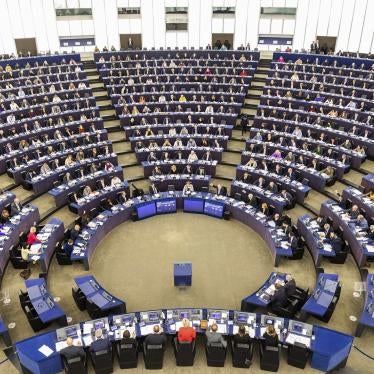As a Jordanian, I wanted to be proud that an Arab and Muslim-majority country is hosting the 2022 World Cup. The historic event holds significance for fans from all over the global south. And yet, the tournament has drawn unprecedented global scrutiny primarily for its treatment of migrant workers, LGBT people, and women.
In response, Qatar has accused its critics of racist motivations while FIFA President Gianni Infantino delivered a diatribe of attacks to deflect the global scrutiny. No doubt there have been racist portrayals of Qatar, Arabs, and Muslims in the media that ought to be critiqued. It is, however, crucially important to recognize that the legacy of the first World Cup in our region is built on a racialized labor governance system that makes way for widespread abuses of migrant workers who helped build and deliver the mega event and whose exploitation went unpunished and uncompensated.
Over the past several years, I have researched and advocated on human rights violations in Qatar and the wider Gulf region. Seeing my community disregard the serious abuses that migrant workers, including from the Middle East, have endured to make the World Cup possible, I can’t help but remember the voices and faces of the many workers who told me about their crushed dreams and exploited labor – and feel a sense of shame rather than pride.
Instead of disregarding the worldwide criticism of Qatar’s human rights record as merely racially motivated attacks, we should instead reflect on how migrant workers are treated across our entire region. The World Cup has shone a spotlight on the abusive kafala system that gives employers excessive control over migrant workers, allowing them to exploit and abuse them with impunity. Qatar has made important reforms to the kafala system in recent years, but they have simply not gone far enough to address the widespread abuses.
Until the men and women who left their homes to work in Qatar and bring this globally-loved tournament to our region are justly compensated for the abuses they suffered, and until the kafala system that drives abuse and exploitation is dismantled, we should not let Qatar off the hook just because it’s the first Arab and Muslim-majority country to host the World Cup.










